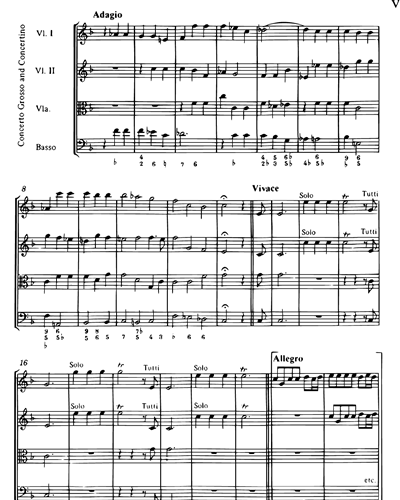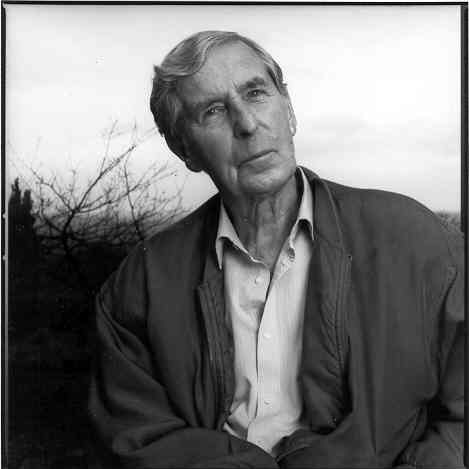
Michael Tippett
59 pieces at nkodankoda sheet music library
over 100k editions from $14.99/month
Hassle-free. Cancel anytime.
available on
nkoda digital sheet music subscription


Editions
Annotate
Library
Perform
100k+ available Editions
More about Michael Tippett
Sir Michael Kemp Tippett OM CH CBE was an English composer who rose to prominence during and immediately after the Second World War. Noted for works such as the oratorio A Child of Our Time, Fantasia Concertante on a Theme of Corelli, and the opera The Midsummer Marriage, Tippett was frequently compared with his contemporary Benjamin Britten. His music evolved from lyrical to experimental styles, influenced by jazz and blues after visiting America in 1965. A pacifist and open about his homosexuality, Tippett was imprisoned in 1943 for refusing war duties and was a known advocate for music education.

Michael Tippett sheets music on nkoda
Edition/Parts
Composer/Artist
Part
Source
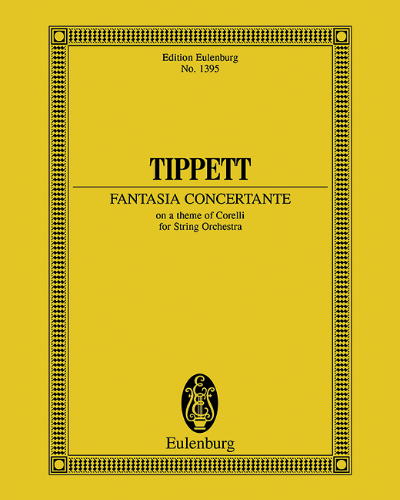
Fantasia Concertante on a Theme of Corelli
Michael Tippett
Full Score
Eulenburg
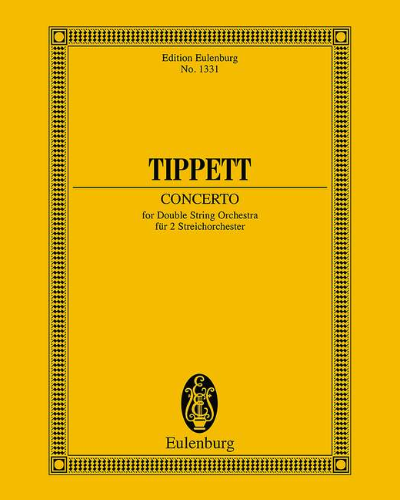
Concerto for Double String Orchestra
Michael Tippett
Full Score
Eulenburg
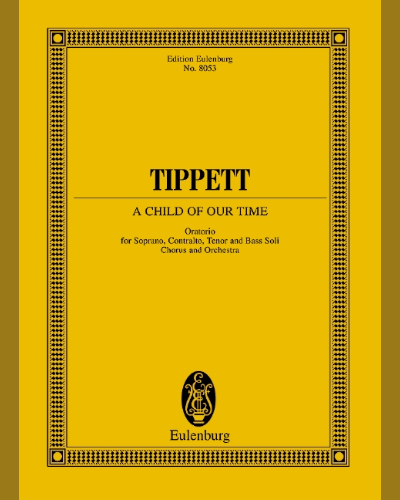
A Child of Our Time
Michael Tippett
Full Score
Eulenburg
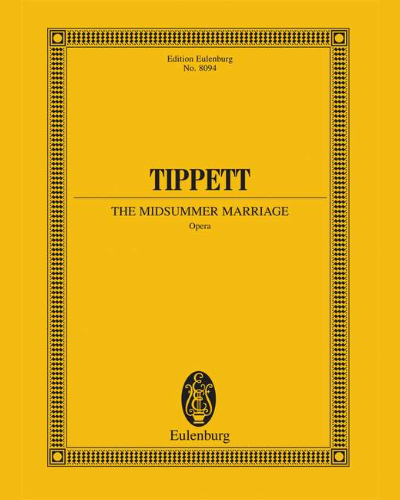
The Midsummer Marriage
Michael Tippett
Full Score
Eulenburg
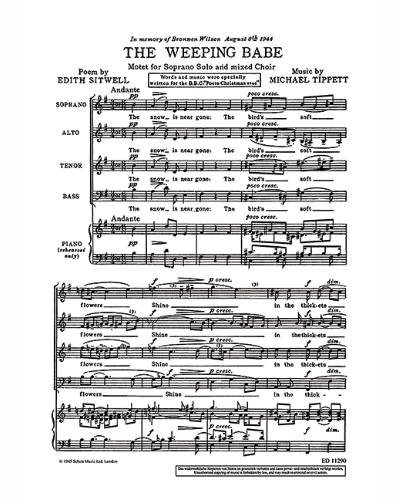
The Weeping Babe
Michael Tippett
Mixed Chorus
Schott Music London
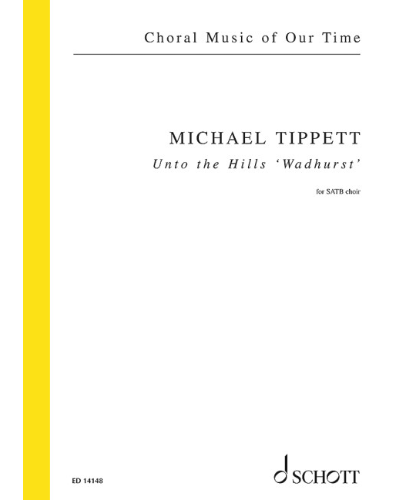
Unto the Hills 'Wadhurst'
Michael Tippett
Mixed Chorus
Schott Music London
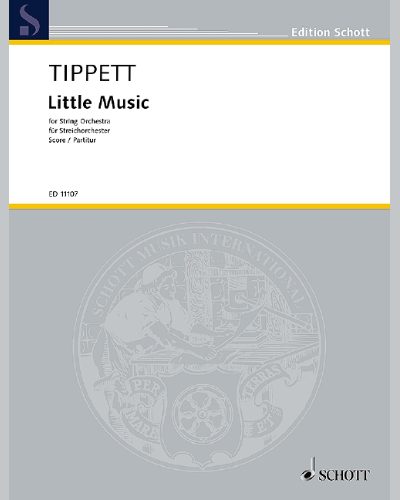
Little Music
Michael Tippett
Full Score
Schott Music London
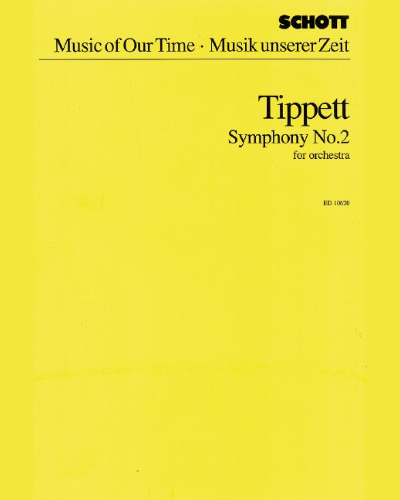
Symphony No. 2
Michael Tippett
Full Score
Schott Music London
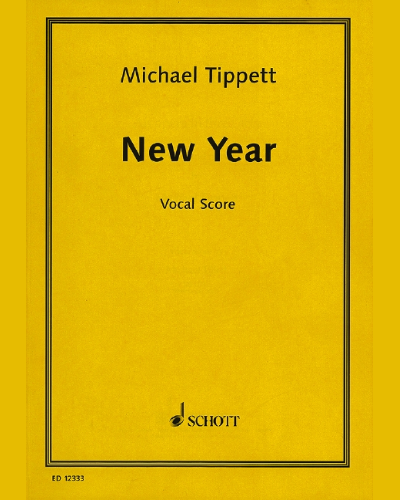
New Year
Michael Tippett
Vocal Score
Schott Music London
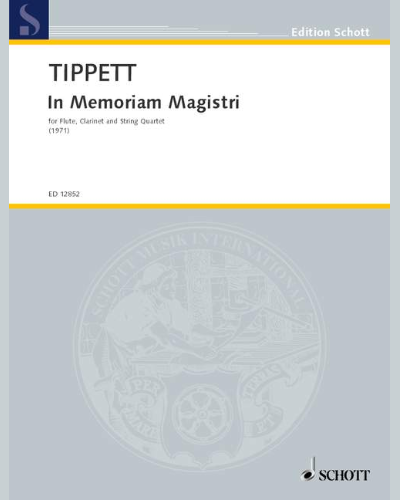
In Memoriam Magistri
Michael Tippett
Full Score
Schott Music London
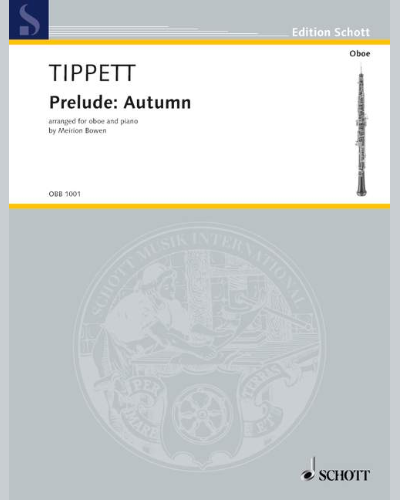
Prelude: Autumn
Michael Tippett
Piano & Oboe
Schott Music London
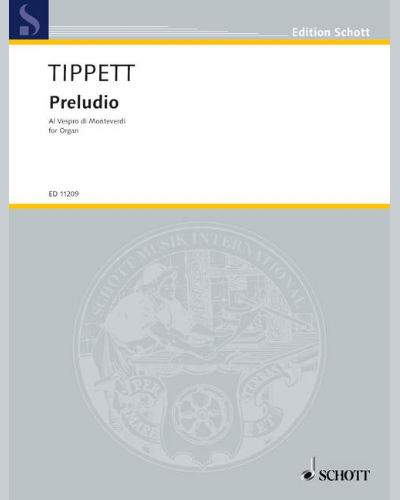
Preludio
Michael Tippett
Organ
Schott Music London
INSTITUTIONAL PARTNERS
PUBLISHERS PARTNERS
TESTIMONIALS


